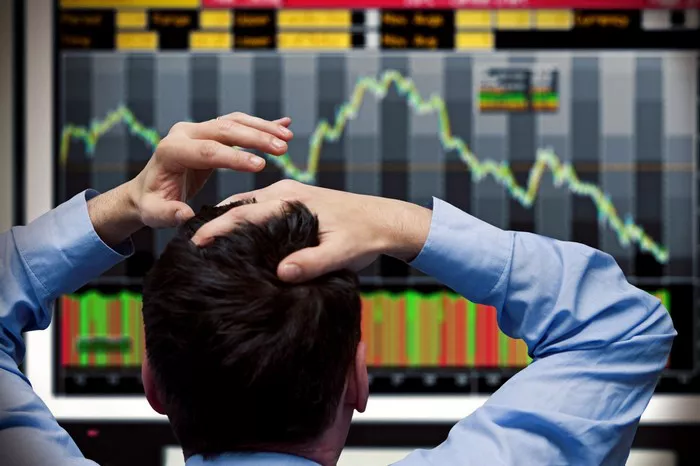Introduction:
In the realm of commodities trading, few assets hold as much historical significance and contemporary relevance as corn. As a staple food source, a critical component in various industries, and a key player in global agricultural markets, corn occupies a unique position in the world of investments. This article aims to provide a comprehensive analysis of whether corn warrants consideration as a viable investment option in today’s financial landscape.
Historical Performance of Corn Futures:
To assess the potential of corn as an investment, it’s crucial to examine its historical performance in futures markets. Over the past decades, corn futures have exhibited both volatility and stability, influenced by factors such as weather patterns, government policies, and global demand. Historical data reveals periodic spikes and downturns in corn prices, often correlating with macroeconomic trends and agricultural conditions.
Factors Influencing Corn Prices:
Understanding the factors that drive corn prices is essential for investors seeking to gauge its investment prospects accurately. Weather conditions, including precipitation, temperature, and growing seasons, significantly impact corn yields and, consequently, prices. Additionally, government subsidies, trade policies, technological advancements, and shifts in consumer preferences contribute to the dynamics of corn markets.
Demand-Supply Dynamics:
Corn’s multifaceted role as a food staple, animal feed, and biofuel feedstock underscores its significance in global supply chains. Fluctuations in demand from industries such as livestock, food processing, and ethanol production exert substantial influence on corn prices. Moreover, supply-side factors such as acreage planted, crop yields, and inventory levels play a pivotal role in shaping market sentiment and price movements.
Risk Factors Associated with Corn Investments:
Like any investment asset, corn futures carry inherent risks that investors must consider before allocating capital. Price volatility, driven by unpredictable weather patterns and geopolitical events, poses challenges for market participants. Additionally, regulatory changes, currency fluctuations, and competition from substitute crops introduce further uncertainty into corn markets.
Portfolio Diversification Benefits:
Despite the risks, incorporating corn futures into investment portfolios can offer diversification benefits, especially for investors seeking exposure to non-traditional assets. As a commodity with low correlation to equities and bonds, corn can serve as a hedge against inflation and geopolitical risks. Moreover, its tangibility and intrinsic value provide a unique investment proposition in times of market turbulence.
Environmental and Ethical Considerations:
Investors increasingly prioritize environmental sustainability and ethical practices when evaluating investment opportunities. Corn production, particularly in intensive farming systems, raises concerns about land use, water consumption, and pesticide usage. Moreover, the diversion of corn for biofuel production has sparked debates regarding its impact on food security and global hunger. Assessing these factors is crucial for investors committed to socially responsible investing.
Technological Innovations and Future Outlook:
Advancements in agricultural technology, such as genetically modified seeds, precision farming techniques, and climate-resilient crops, are reshaping the landscape of corn production. These innovations hold promise for improving yield efficiency, mitigating risks, and enhancing sustainability in the long term. Additionally, evolving consumer preferences towards organic and non-GMO products may influence the demand dynamics of corn markets.
Conclusion:
In conclusion, the question of whether corn is a good investment hinges on a nuanced understanding of its market dynamics, risk factors, and broader economic trends. While corn futures offer potential diversification benefits and exposure to global agricultural markets, they also entail inherent risks and ethical considerations. As with any investment decision, thorough due diligence, risk assessment, and alignment with investment objectives are paramount. By carefully weighing these factors, investors can determine whether corn warrants inclusion in their investment portfolios amid an ever-changing economic landscape.


